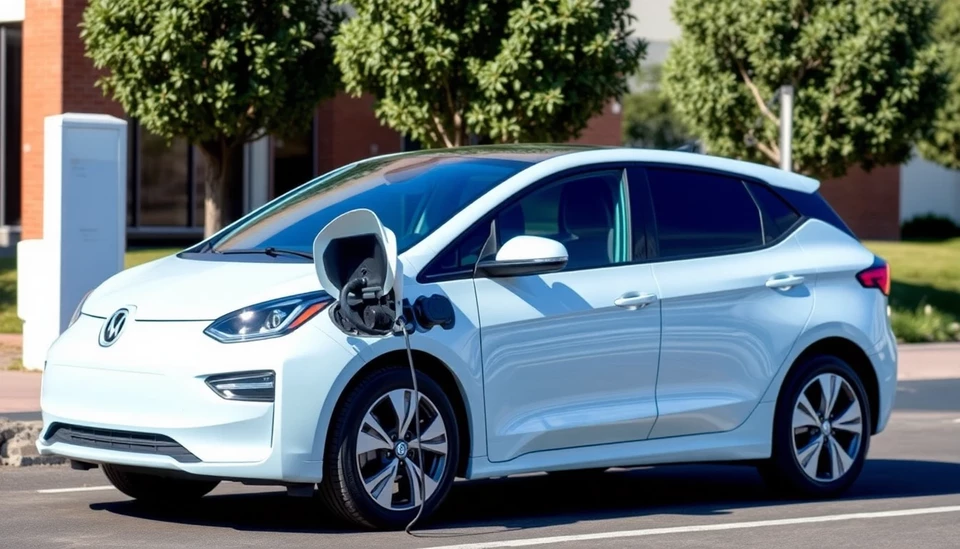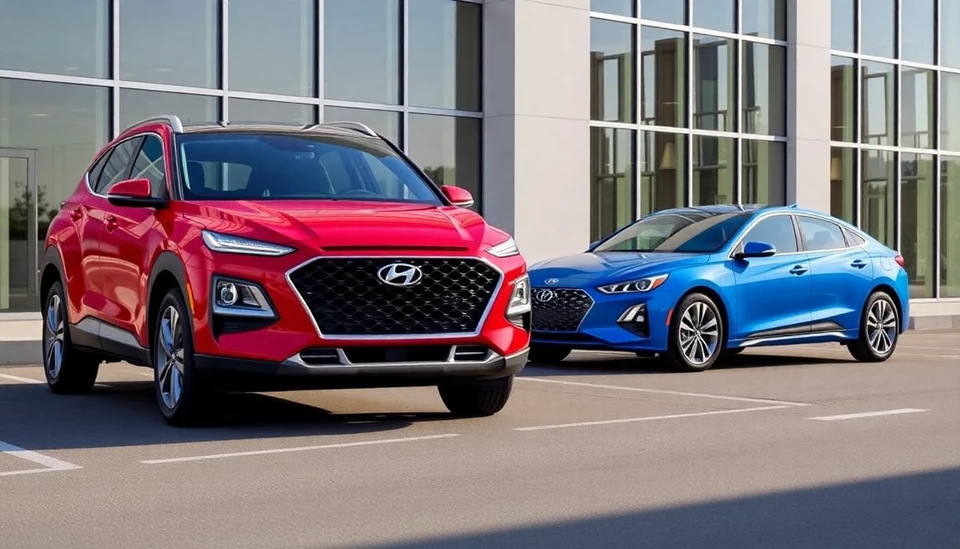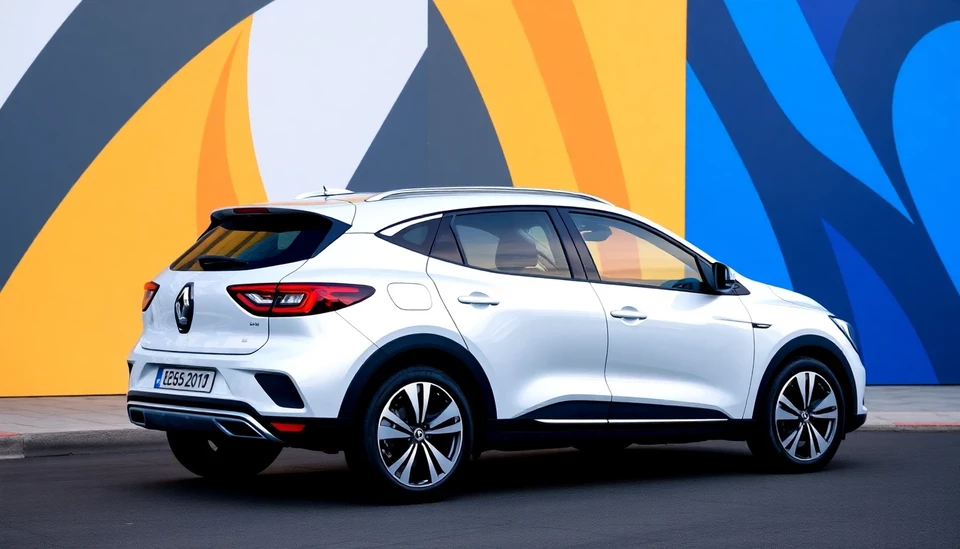
The electric vehicle (EV) market in the United States has hit a significant snag, as sales data reveals a worrying trend linked to uncertainties surrounding the upcoming 2024 presidential election. Analysts are reporting that potential changes to EV tax credits, which could be influenced by the election outcome, are causing hesitation among consumers and manufacturers alike.
According to recent statistics, electric car sales have experienced an uncharacteristic slowdown this fall, particularly as voters prepare for the November elections. The uncertainty surrounding the EV tax credit has left both current and prospective buyers in a state of indecision. Many potential purchasers are choosing to delay their decisions, waiting to see how the political landscape evolves and whether current incentives will remain in place or be altered significantly.
The Biden administration has been a strong proponent of electric vehicles, actively promoting the adoption of cleaner transportation options through federal tax incentives. This has prompted many manufacturers to ramp up production and invest in EV technology. However, should a shift in power occur post-election, the fate of these tax credits could hinge on the new administration's policies, prompting concern amongst industry stakeholders.
Several automakers have already begun to voice their fears over falling demand as they navigate this uncertain marketplace. Companies that previously saw explosive growth in EV sales are now recalibrating their expectations, especially given the competitive landscape in the automotive industry. Established brands and new entrants alike are closely monitoring consumer sentiment, which appears to be fluctuating, directly correlating with the political climate.
Industry experts warn that this decline in sales could have lasting implications for the EV market, especially if buyers remain hesitant for an extended period. The potential rollback or alteration of tax incentives could lead to a significant reduction in consumer interest in EVs, as the financial benefits tied to purchasing these vehicles are crucial for many consumers making such a significant investment.
Additionally, the competition among electric vehicle manufacturers is becoming increasingly more intense. Companies are not only trying to appeal to environmentally conscious consumers but are also vying for market share against traditional gas-powered vehicles. Without solid sales and consumer commitment, even established brands may struggle to keep up with the ambitious targets set for EV production and sales growth.
Moreover, the EV sector is not only dealing with market pressures but also facing headwinds from a broader economy hit hard by inflation and rising interest rates. These economic factors further complicate consumer buying decisions, contributing to hesitancy in committing to new purchases. The intersection of economic challenges and political uncertainty poses a particularly daunting environment for the EV industry as it seeks to gain traction in a burgeoning market.
As the election approaches, both consumers and manufacturers are urged to stay informed about the possible repercussions of electoral results on EV tax incentives. The outcome could massively alter the buying landscape and the future growth trajectory of this critical sector of the automotive industry. The coming weeks will be pivotal as key policies hang in the balance and public sentiment continues to evolve.
With all these factors at play, the future of electric vehicle sales hangs in uncertainty until after the election. For both buyers looking for greener alternatives and manufacturers striving for a more sustainable automotive landscape, the anticipation is palpable. Stakeholders across the board are anxiously awaiting the electoral outcomes that will shape the very foundation of the electric vehicle market in America for the foreseeable future.
#ElectricVehicles #EVsales #TaxIncentives #USPolitics #BidenAdministration #FutureOfTransportation #AutomotiveIndustry
Author: Samuel Brooks




